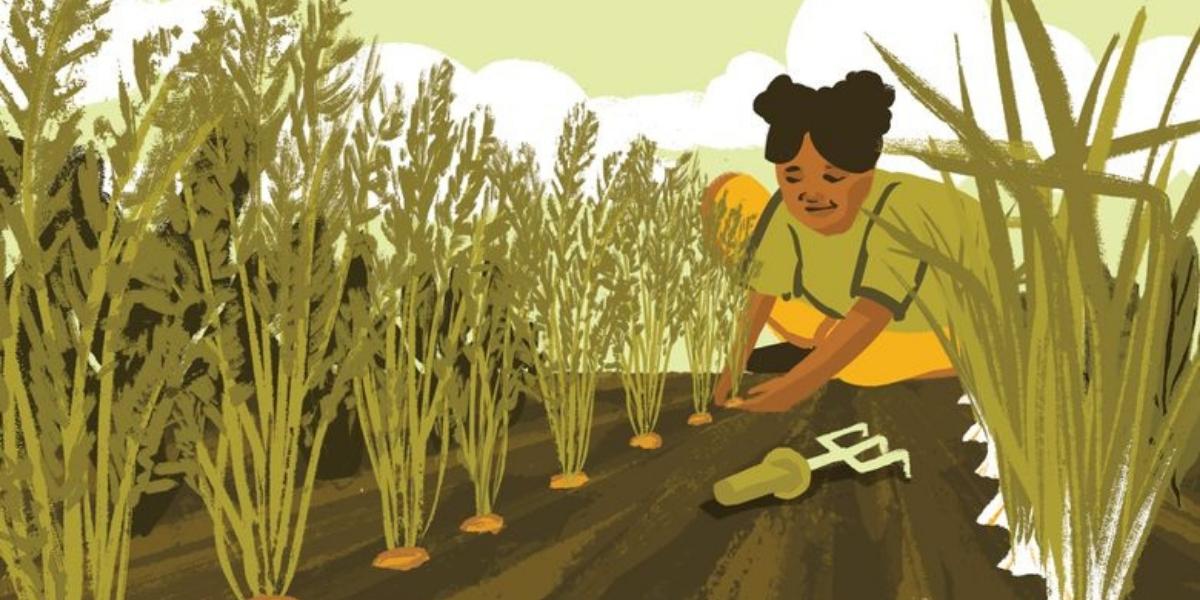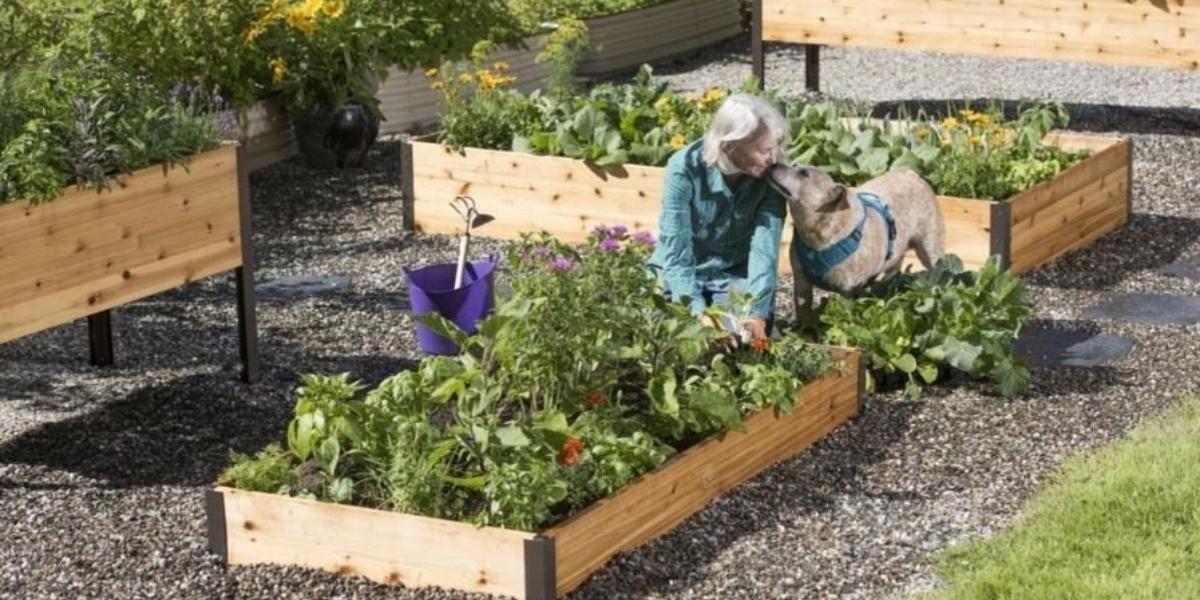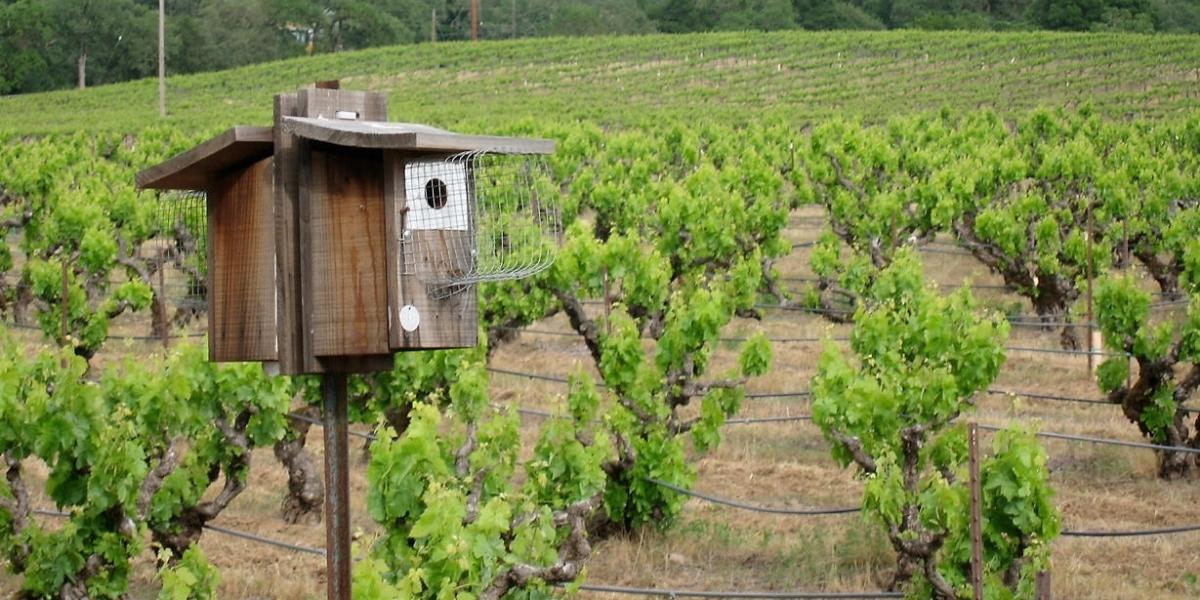
Throughout the summer in North America, Europe, an...
news-extra-space

 In places at higher elevations, frost hits early, and slightly warmer areas will get them only after a month. So remember to plant all your fav veggies, seeds, and herbs before the frost makes its way.
You can make compost from the wet biodegradable waste in your garden area. First, pluck out the unwanted plants and weeds. Retain the fallen leaves if you wish, as the insects can feed on them.
Improve Your Garden Beds
What is the essential thing for gardening?
In places at higher elevations, frost hits early, and slightly warmer areas will get them only after a month. So remember to plant all your fav veggies, seeds, and herbs before the frost makes its way.
You can make compost from the wet biodegradable waste in your garden area. First, pluck out the unwanted plants and weeds. Retain the fallen leaves if you wish, as the insects can feed on them.
Improve Your Garden Beds
What is the essential thing for gardening?
 Quality of the soil.
Work on improving the soil quality by adding compost to the garden beds. The worms and insects work on enriching the soil by snacking on the plant matter. You can use another option of covering crops using a species that adds nitrogen to the ground.
The cover crop restores the nutrients and makes the soil healthy. In addition, they make it difficult for weeds to grow in the area. Vetch, Winter Rye, and Clover are suitable to be developed in winter and fall. And if you intend not to produce the cover crops, cover the harvesting area with burlap fabric. You can staple the edges, so it does not fly away during a strong wind. And both the material and staples are reusable.
Birds are natural pest controllers
Try to attract them to your gardening area by filling the feeders with bird grains and water. They stock up for winter, and it helps them. Along with helping them, you are helping yourself by keeping your garden away from pests.
Quality of the soil.
Work on improving the soil quality by adding compost to the garden beds. The worms and insects work on enriching the soil by snacking on the plant matter. You can use another option of covering crops using a species that adds nitrogen to the ground.
The cover crop restores the nutrients and makes the soil healthy. In addition, they make it difficult for weeds to grow in the area. Vetch, Winter Rye, and Clover are suitable to be developed in winter and fall. And if you intend not to produce the cover crops, cover the harvesting area with burlap fabric. You can staple the edges, so it does not fly away during a strong wind. And both the material and staples are reusable.
Birds are natural pest controllers
Try to attract them to your gardening area by filling the feeders with bird grains and water. They stock up for winter, and it helps them. Along with helping them, you are helping yourself by keeping your garden away from pests.
 The birds feed on caterpillars, grasshoppers, and other insects that damage your garden. Clean the feeding bowls regularly to avoid any diseases that can spread during winter specifically.
Plants require double the amount of water in summer but are not the same in winter. Although water is essential for crops, it is also true that too much water damages the crops. Turn off all the water pipes as the temperature goes down and the water consumption by the plants also reduces.
Empty all the unused containers as they may crack due to freezing. Store the hose and tubing in favorable conditions for a lasting water system.
The birds feed on caterpillars, grasshoppers, and other insects that damage your garden. Clean the feeding bowls regularly to avoid any diseases that can spread during winter specifically.
Plants require double the amount of water in summer but are not the same in winter. Although water is essential for crops, it is also true that too much water damages the crops. Turn off all the water pipes as the temperature goes down and the water consumption by the plants also reduces.
Empty all the unused containers as they may crack due to freezing. Store the hose and tubing in favorable conditions for a lasting water system.
Leave a Reply






